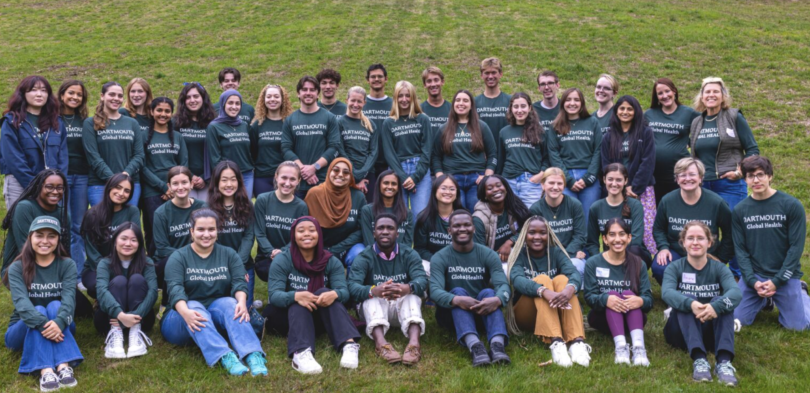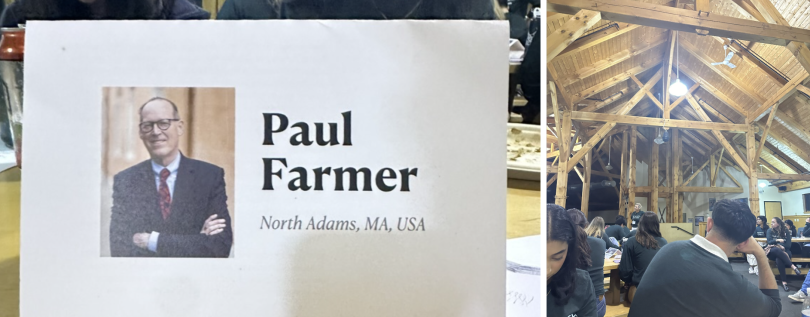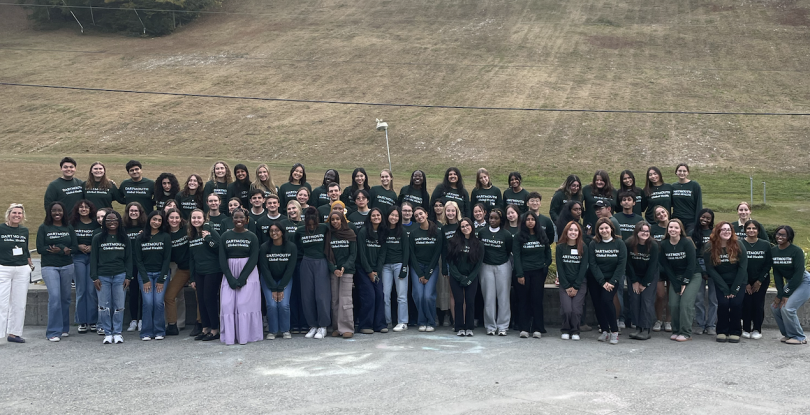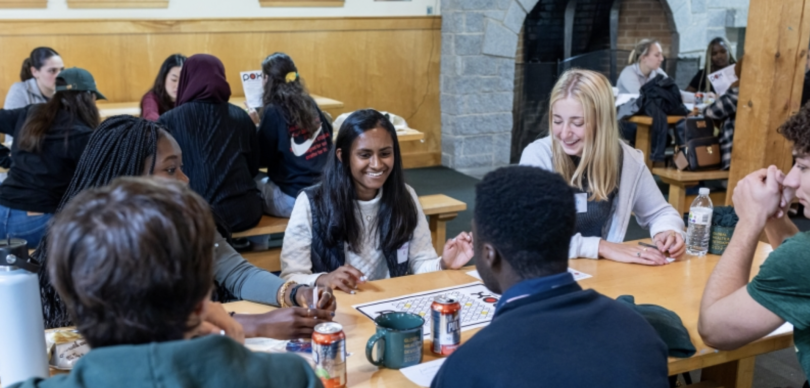
A Global Health Fellows Retreat
The Dickey Center for International Understanding offers various fellowship positions for Dartmouth undergraduates—Great Issues Scholars, War & Peace Fellows, Global Health Fellows, and Arctic Innovation Scholars. As an anthropology major with an interest in global health, I saw the opportunity to apply for the Global Health Fellows (GHF) position during the summer after my first year at Dartmouth. I have now been involved with the program for over a year, and just completed my second GHF retreat, so I thought it would be a good opportunity to write about the program and opportunities for those interested in global health.
The fellowship program consists of weekly speaker events and discussions from visiting global health leaders, ranging from Geisel School of Medicine professors to politicians, panels on infectious disease, and healthcare statisticians. Whatever your area of interest lies in the global health realm, there will certainly be a lecture or two that will catch your interest. In order to merit GHF certification, students must attend seven lectures throughout the academic year, complete a global health-focused service activity, and attend one GHF retreat. Undergraduates (sophomores-senior year), medical students, MBAs, MPHs, and grad students are welcome to apply to the program. In this blog post, I aim to focus on the retreats that the GHF program hosts.

The retreat takes place at the Skiway's Lodge (lovingly referred to as "Sklodj" by undergrads)—Dartmouth's ski mountain, 20 minutes north of campus. The retreat brings together all of the GHFs to talk about the program's initiatives and requirements, meet people of different degree programs, and discuss global health issues and policy ethical dilemmas.
When I first walked into the Sklodj, I saw images of various global health heroes on each table. I was seated at the "Paul Farmer" table, and my group started off by reading about his contributions to the field. After that, we got food catered from the Nest—which is delicious and a frequent caterer of GHF events—and played icebreaker games.

Following the indoor activities, we ventured outside for a group photo and more icebreaker games with the larger group. The games, led by Evan, my co-trip leader for First-Year Trips this year (pre-orientation camping program led by upper-level students), is an intern for the Global Health Fellows program—meaning I got to see Evan organize and orchestrate the retreat! The games were supposed to be followed by a light hike up the ski hill, yet we were unable to do so this year as a pack of black bears was visible halfway up the slope.


After the icebreakers, we delved into discussing our areas of interest in global health and talked about global health scenarios. Last year, we even played a game called "POX: SAVE THE PEOPLE," which aimed to show players how vaccines protect populations from spreading infectious diseases.

During the final part of the retreat, each table worked together to analyze global health simulation scenarios featuring ethical dilemmas. This exercise was a powerful demonstration of the value of collaboration in the field of global health, as undergraduates, future MDs, MPHs, and MBAs came together to solve complex problems, inspiring us to continue working together for the greater good.
After my second retreat, I am grateful to be involved with this unique program and am excited to continue collaborating with the GHFs to develop my understanding of global health as a discipline.


















